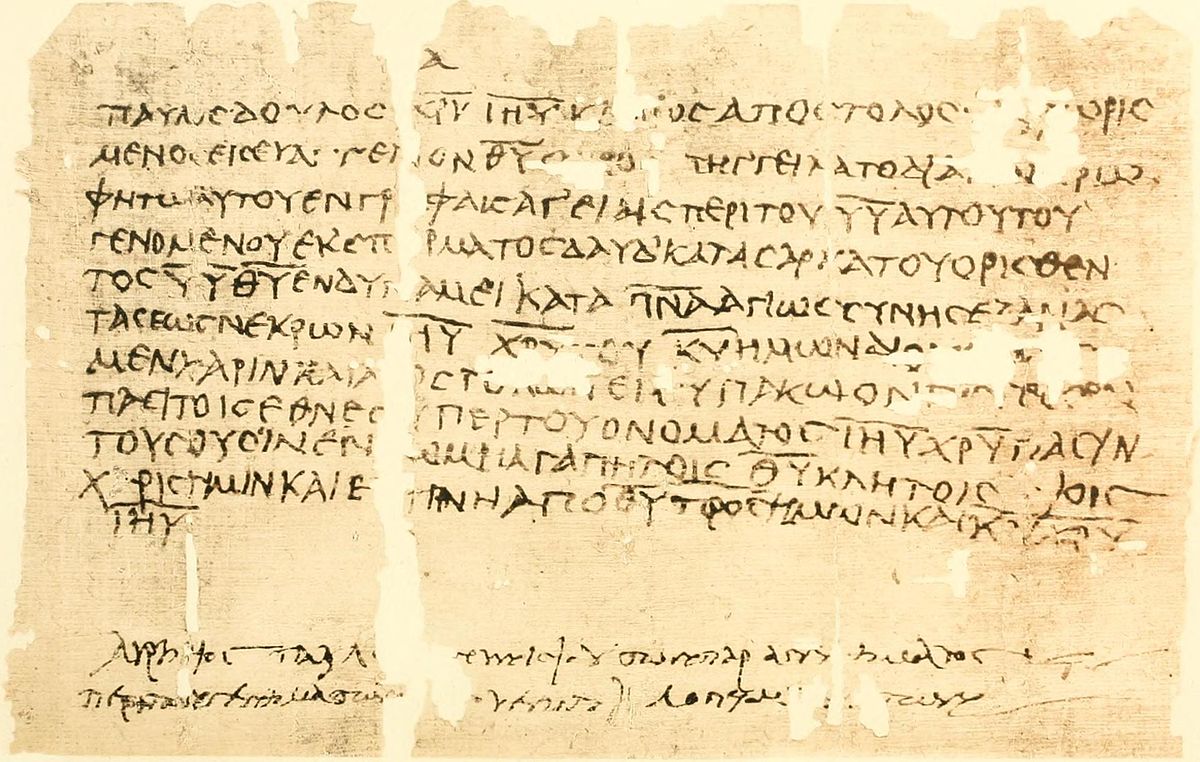Notice that St. Paul does not say what works he has in mind. Rather, he strikes at the heart of the matter, at motive. Patience and seeking are mentioned. This is an ongoing striving. Striving for what? Glory, honor, and immortality. Where does the Christian find these things? In God, and in God alone. We have no glory. We fall short of it. We deserve no honor. We have merited only shame. We definitely cannot bring about our own immortality. Rather, God alone gives these things. Yes, the Christian does the opposite of the unbeliever, who obeys righteousness, that is, tries to be or become righteous by works, by the legal scheme. The Christian, through faith, places himself under—that is what the word obey means—the righteousness of God. And in God’s righteousness, motivated and renewed by the gospel, the Christian is patient and deliberate in well-doing and seeks the gifts of God mentioned above. The unbeliever refuses to be placed under this righteousness of God and thus cannot replicate these motives and fruits of the Christian. Thus, the unbeliever cannot please God, but instead remains under his unquenchable wrath, for whatever does to proceed from faith is sin, as Paul tells us later in Romans. The same is not true for God’s adopted children, though.
The doers of good will be rewarded and the doers of evil will be punished. Who are the doers of good? Those in whom the Father sees his Son and his Spirit, who cannot dwell in a man or woman without producing good, even without that man or woman’s knowledge at times. Who are the doers of evil? Those who have rejected the Son and cast off the Spirit, without whom no man or woman can please God or escape the coming judgment. Jew or Gentile matters little, as we already learned in chapter one. What matters is Christ, working in us through the Spirit to produce a new life with godly motives. Thank God that he sees his Son in you and has made you the temple of his Spirit.
The devil and our flesh are surely busy and eager to rob us of God’s Son, or, rather, to have us lose sight of him, whether through false doctrine or wicked living, for the Spirit cannot dwell where the Son is not welcomed. Even more, there is plenty in this world to distract or blur our vision. This is why we examine ourselves daily. We want to identify that which would undermine the Spirit’s work in us and loosen our grip on God’s promises. This is also, though, why we also daily relive our Baptism and recall the work of Christ, to remember the we have one stronger than the old evil foe and our flesh, that we have a righteousness not our own, but one given, reliant, not on our worth, but on God’s faithfulness, and one that is living and active, just like our risen Savior.
Rejoice to be under that righteousness. In it and from it is our peace and hope, our motivation and fruits. God shows no partiality, but in Christ he is partial to you, because through faith you are his own.

